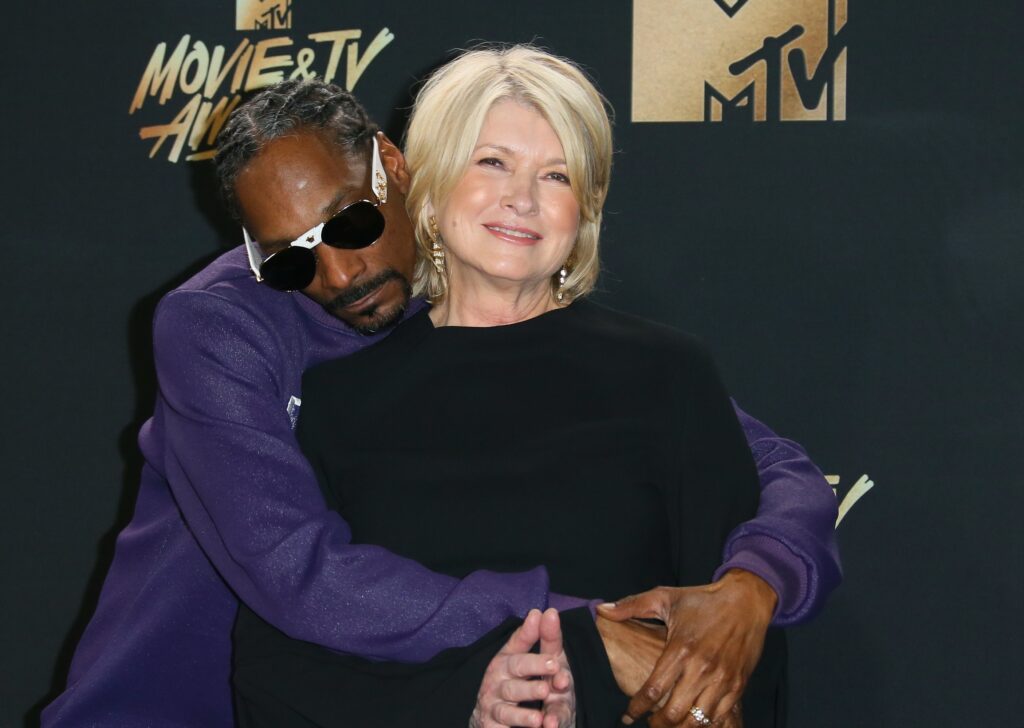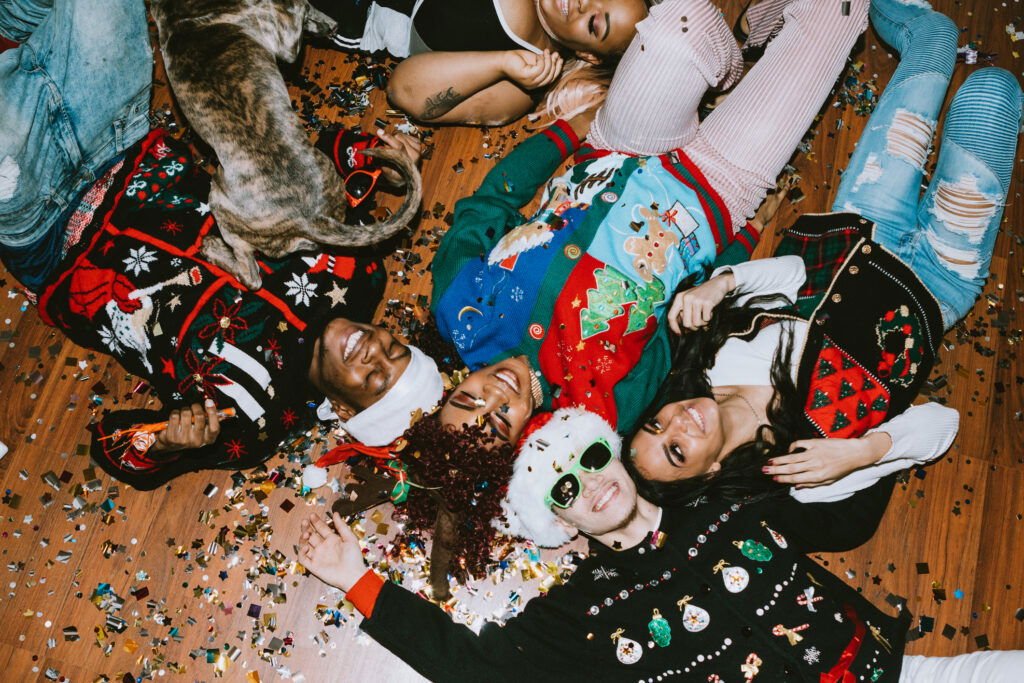
Sleepovers are a no-go in Monica’s household.
After The Neighborhood Talk reposted a video of a single father expressing frustration over being unable to host a sleepover for his daughter, the R&B singer made her stance clear.
“When I found out why I couldn’t throw my daughter a slumber party, I got very sad and depressed,” TikTok user @markdjangocrazy’s caption read. In his video, he explained that some parents declined to let their daughters attend because he was a single dad hosting. While he shared that he was once taken advantage of by an older woman he trusted as a child, he said he still didn’t understand the concern.
But in the comments, Monica weighed in with a firm “no.”
“We don’t do sleepovers,” she wrote. “My mother didn’t, I don’t either and that applied to my sons & daughter! In his case inviting some moms to be there overnight to chaperone may work but that would be a no for me as well.”
Her comment struck a nerve, reigniting a long-running debate among parents, particularly in the Black community, about whether sleepovers are a harmless childhood tradition or a risk not worth taking.
The conversation isn’t new, but it hits differently now. With the rise of social media, parents have unprecedented visibility into how other families live, think, and parent — and sometimes, what they see gives them cause for concern. Guns left unsecured, alcohol or other substances within reach, questionable discipline, lax screen time rules, or simply homes that operate with different values — these glimpses into others’ lives can erode trust. It’s not about paranoia so much as information. Parents can’t unsee what they’ve seen.
At the same time, the world around sleepovers has changed. Once, they thrived within tight-knit communities where parents knew each other, their churches, and their extended families. That sense of “the village” — where everyone looked out for everyone’s kids — has weakened in modern life. Mobility, isolation, and busier schedules have made it harder to build the kind of trust that once made a night away feel safe.
While the sleepover debate will likely continue for every generation, it ultimately points to something deeper: parents aren’t overprotective; they’re under-supported. Building a trusted community — through family, faith, or shared activities — may be the real key to giving kids both safety and freedom in a world that feels less certain than ever.
For some, the solution isn’t banning sleepovers altogether but reimagining them as “sleepunders,” late-night hangouts with a clear ending time before bed, or family-only overnights. The spirit of childhood bonding remains; it just takes more intention.





